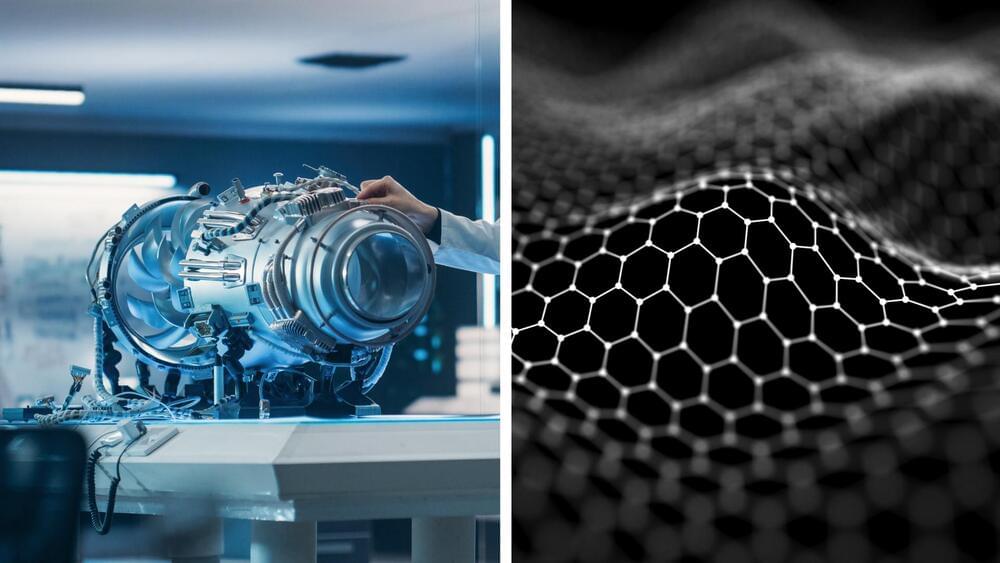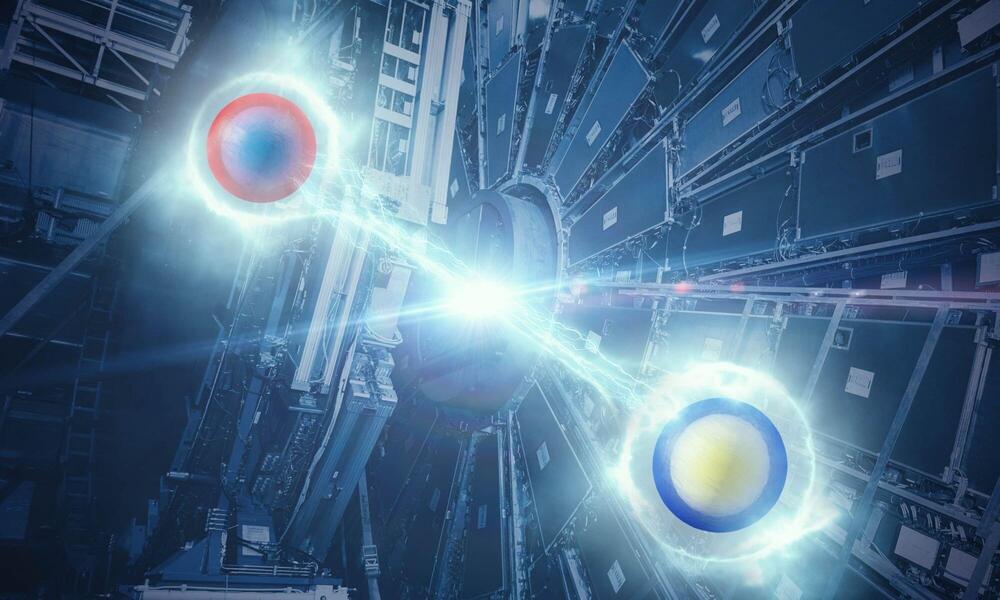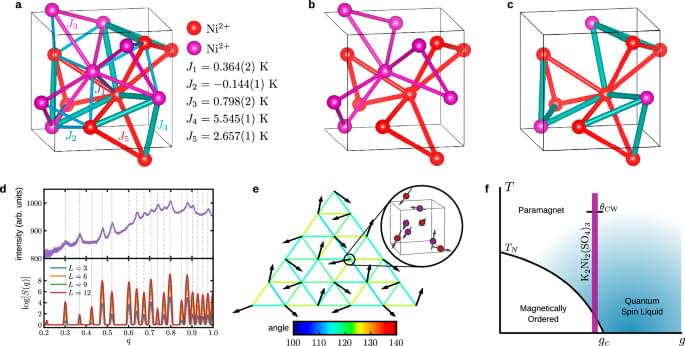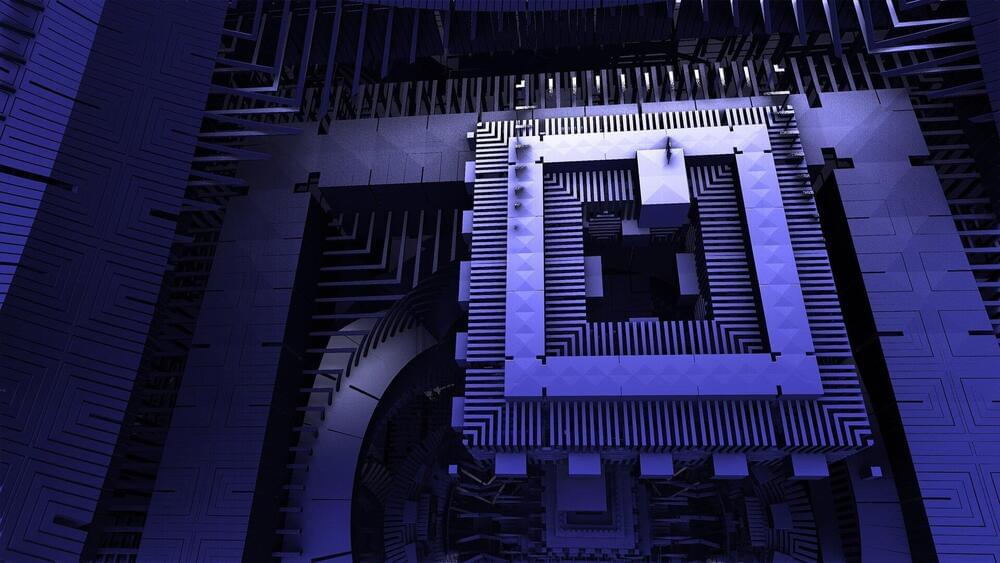Aug 25, 2024
US achieves superconductor breakthrough, can benefit quantum computing
Posted by Dan Breeden in categories: computing, quantum physics
A team of scientists in the United States has achieved a notable milestone in the domain of superconductors. This progress may have considerable consequences for the future of quantum computing.
The research details the development of a novel superconductor material that has the potential to transform quantum computing and potentially function as a “topological superconductor.”
A topological superconductor is a special kind of material that exhibits superconductivity (zero electrical resistance) and also has unique properties related to its shape or topology.

















